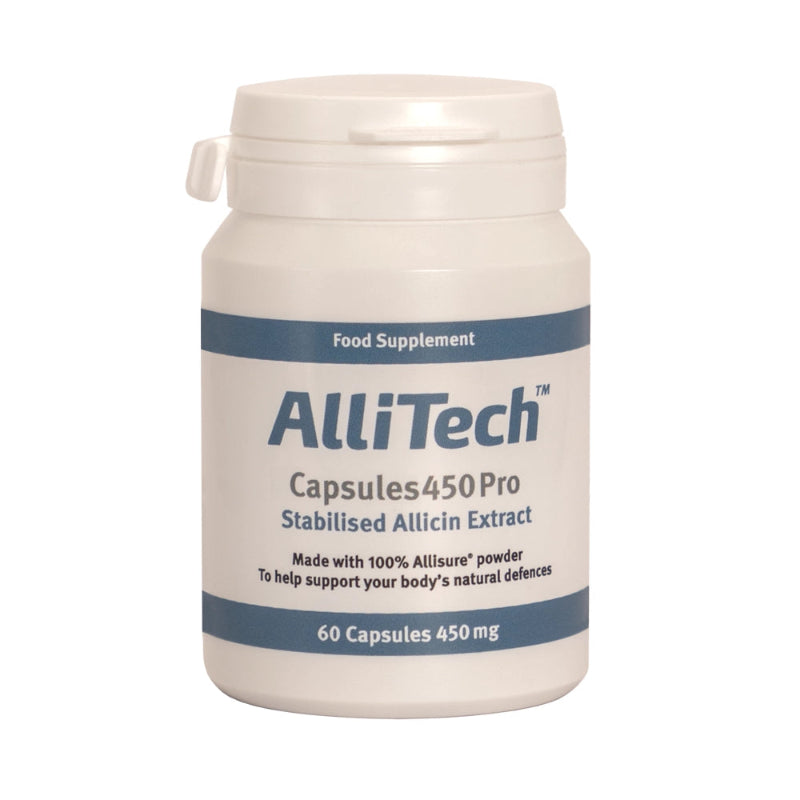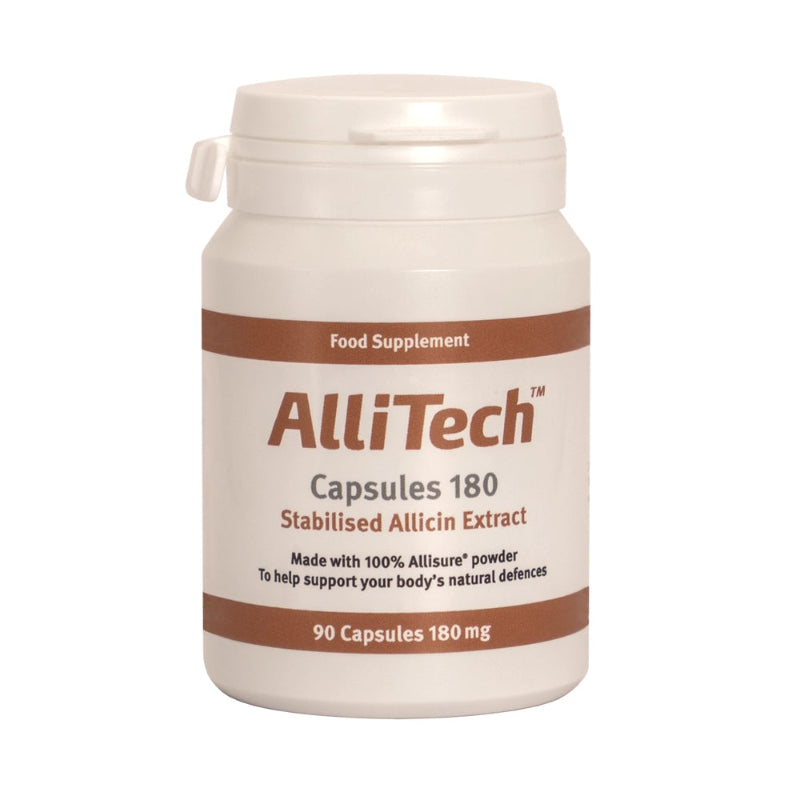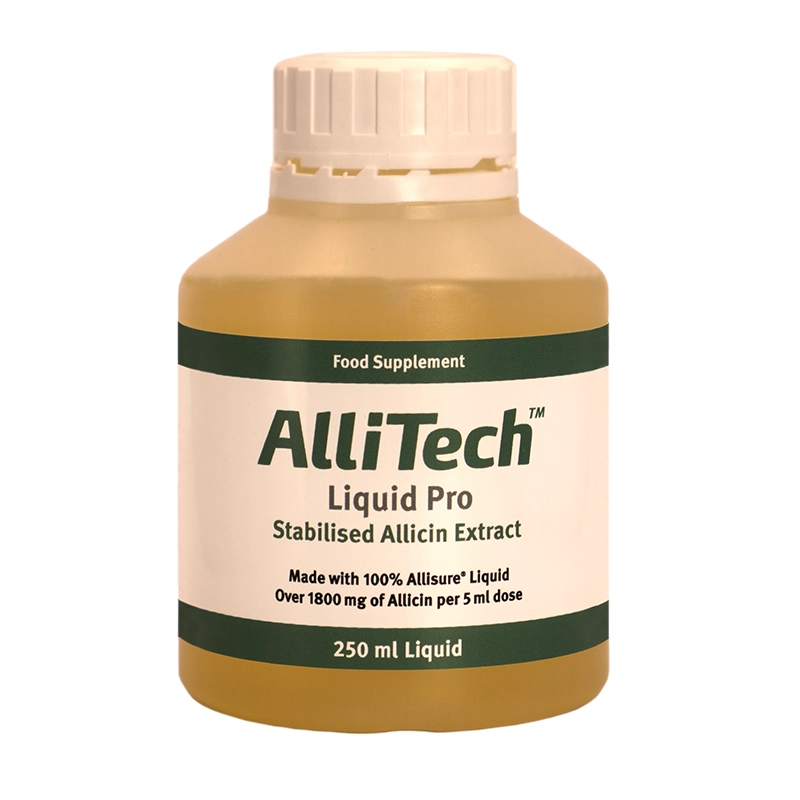It’s estimated that over 90% of adults will experience some form of tooth infection or dental abscess during their lifetime. Whether it’s a dull ache that won’t go away or a sudden, throbbing pain that keeps you up at night, a tooth infection is more than just a nuisance, it’s a signal that harmful bacteria have taken hold beneath the surface.
A tooth infection, also known as a dental abscess, occurs when bacteria invade the dental pulp, the innermost part of the tooth. This can happen due to untreated cavities, gum disease, or dental trauma. If left unaddressed, the infection can spread, leading to serious complications.
While conventional antibiotics are often prescribed to manage the infection, growing concerns around antibiotic resistance and the overuse of pharmaceuticals have led many people to explore natural alternatives. These options can offer gentle yet effective support for the body’s natural healing processes, especially when used alongside professional dental care.
One such alternative is allicin, a potent natural compound found in garlic. In this article, we’ll explore some of the best natural antibiotics for tooth infections, with a special focus on AlliTech, a powerful, science-backed allicin supplement available from Dulwich Health that’s helping thousands support their oral health naturally.
What Causes Tooth Infections?

Tooth infections are most commonly caused by bacteria, particularly strains like Streptococcus mutans, which are naturally present in the mouth. When oral hygiene is compromised, these bacteria can multiply and enter deeper layers of the tooth or surrounding gum tissue, leading to infection.
Common triggers for a tooth infection include:
- Poor oral hygiene, allowing plaque and bacteria to build up
- Untreated cavities that penetrate the enamel and dentin
- Cracked or broken teeth that provide a gateway for bacteria
- Dental procedures that may introduce bacteria if healing is impaired
- Trauma or injury to the mouth that affects the tooth root or gum
There are two main types of tooth abscess:
- Periapical abscess – occurs at the tip of the tooth root, often due to deep decay or injury
- Periodontal abscess – develops in the gum tissue, usually as a result of advanced gum disease
Symptoms of a tooth infection can vary in severity but often include:
- Throbbing or sharp pain in or around the affected tooth
- Facial swelling or swollen gums
- Bad breath or a foul taste in the mouth
- Fever, indicating the infection may be spreading
- Sensitivity to hot or cold, especially when chewing
While mild symptoms may be managed with natural support, it’s essential to see a dentist promptly if the pain worsens, swelling increases, or a fever develops. In some cases, tooth infections can spread to other parts of the body, making timely intervention crucial.
Why Natural Antibiotics Are Being Explored
In recent years, there’s been a noticeable shift in how people approach infections, particularly those related to dental health. One of the main reasons behind this change is the growing concern over antibiotic resistance. As bacteria adapt to survive conventional medications, standard antibiotics are becoming less effective, making some infections harder to treat.
This issue is worsened by the over-prescription of antibiotics, especially for conditions that may resolve on their own or respond to less aggressive treatment. As a result, many are now seeking gentler, more sustainable ways to support their body’s natural defences, without contributing to the problem of resistance.
This is where natural antibiotics come into the conversation. Compounds found in plants such as garlic, oregano, turmeric, and clove have shown antimicrobial, antibacterial, and anti-inflammatory properties, making them valuable tools in promoting oral health and managing mild infections.
However, it’s important to remember that natural does not automatically mean safe or effective for everyone. Tooth infections can become serious very quickly, and while natural remedies may offer support, they should never replace a proper diagnosis or urgent dental treatment when required. Instead, these options are best used alongside professional care, especially during the early stages of discomfort or as part of a longer-term oral health routine.
Top Natural Antibiotics for Tooth Infection
Nature offers a powerful toolkit when it comes to tackling mild tooth infections and supporting overall oral health. Below is a list of some of the most researched and widely used natural antibiotics, each with unique benefits and limitations. These can be used as part of a supportive routine, always alongside proper dental care when needed.
1. Allicin (Garlic Extract – e.g. AlliTech)
Allicin is the active compound in freshly crushed garlic and is renowned for its broad-spectrum antimicrobial properties. It has shown effectiveness against both Streptococcus species (common in oral infections) and Candida, which can thrive when oral bacteria are out of balance.
Unlike raw garlic, which can be unstable and irritating, AlliTech provides a stabilised, bioavailable form of allicin, making it far more effective and convenient to use. It can be taken in capsule form, applied topically as a spray, or used as a liquid rinse to target affected areas directly.
Scientific studies continue to support allicin’s antimicrobial action, and its ability to inhibit bacterial growth makes it a valuable complement to conventional dental treatments.
✅ AlliTech from Dulwich Health
- Contains stabilised allicin – a bioavailable form of garlic extract
- Available in capsules, spray, liquid and gel
- Backed by over 30,000 customers since 1986
- Well-tolerated, natural and suitable for daily use
- Can be used preventatively or alongside professional dental care
2. Clove Oil
Clove oil has long been used in dentistry thanks to eugenol, a compound with natural anaesthetic and antibacterial properties. It’s commonly found in dental emergency kits and can be applied (diluted) to painful or infected areas for temporary relief.
How to use: Dab a small amount of diluted clove oil onto the affected tooth or gum using a cotton swab.
⚠️ Note: Essential oils like clove are potent and should always be diluted properly. Avoid prolonged use and never ingest undiluted oils.
3. Oil of Oregano
Oregano oil contains carvacrol and thymol, compounds known for their antiviral, antifungal, and antibacterial effects. It’s been studied for its ability to combat bacteria linked to oral infections and may help reduce inflammation.
How to use: Mix with a carrier oil and apply topically to gums, or use in a diluted rinse.
⚠️ Must be diluted well to avoid irritation.
4. Turmeric (Curcumin)
Turmeric isn’t just for curries, it’s a powerful anti-inflammatory and antimicrobial agent. The active compound, curcumin, can help reduce swelling and fight bacterial growth in the mouth.
How to use: Mix turmeric powder with water and a pinch of salt to make a paste or rinse. Apply directly to the gum area or swish gently.
5. Coconut Oil (Oil Pulling)
An ancient Ayurvedic remedy, oil pulling with coconut oil may help reduce oral bacteria, particularly those that form plaque and biofilms.
How to use: Swish one tablespoon of coconut oil in your mouth for 10–15 minutes, then spit it out (never swallow).
Best used as a preventive measure or to maintain oral hygiene, not a standalone treatment for active infections.
6. Tea Tree Oil
Known for its strong antibacterial effects, tea tree oil has been shown to reduce oral pathogens like Porphyromonas gingivalis, which are linked to gum disease and infection.
How to use: Use diluted in water as a mouth rinse or in a natural toothpaste.
⚠️ Never swallow tea tree oil, it is for topical use only and must be well diluted.
7. Salt Water Rinse
While not technically an antibiotic, a warm salt water rinse remains one of the most effective and accessible natural ways to manage early tooth infection symptoms. It helps draw out fluid from infected tissue, reduces inflammation, and kills surface bacteria.
How to use: Mix half a teaspoon of salt into a glass of warm water and rinse thoroughly 2–3 times daily.
When to Use Natural Antibiotics (And When Not To)
Natural antibiotics can play a valuable role in maintaining oral health and supporting the body’s natural defences, especially when dealing with mild to moderate tooth infection symptoms. Used correctly, they may help manage discomfort, reduce bacterial load, and complement dental treatment.
Natural remedies are best used for:
- Early-stage tooth infections with manageable symptoms
- Mild swelling or discomfort that doesn't yet require urgent dental intervention
- Supporting conventional care (e.g. used alongside antibiotics or dental procedures)
- Preventative care to help maintain a healthy oral microbiome
- Aftercare following a procedure, to support healing and reduce the risk of recurrence
However, it’s essential to understand that natural remedies are not a replacement for professional dental treatment, especially in cases where the infection has spread or become severe.
You should not rely solely on natural antibiotics if:
- The infection is causing intense, persistent pain
- There is visible facial swelling
- You have a fever or feel generally unwell
- The tooth is discoloured or loose
- There is pus drainage or difficulty swallowing
In such situations, a root canal, drainage procedure, or even extraction may be required. Delaying proper treatment can allow the infection to spread to other parts of the body, potentially leading to serious health complications.
⚠️ Important: Always consult a dentist if symptoms worsen or do not improve within 48 hours. Natural products like AlliTech are best used as supportive tools, not as standalone cures.
How to Use AlliTech for Tooth Infections
AlliTech offers a versatile, natural way to support your body’s fight against tooth infections thanks to its stabilised, bioavailable allicin. Whether you’re looking to manage early signs of infection, enhance your oral hygiene routine, or support recovery after dental treatment, AlliTech can be used in several targeted ways.
Recommended formats for oral health:
-
💧 Liquid:
Mix a small amount with warm water to create a natural mouth rinse. Swish gently around the affected area for 30–60 seconds, 2–3 times daily. This helps deliver allicin directly to the site of infection. -
💨 Spray:
Use the AlliTech spray to apply allicin directly onto sore gums or around the affected tooth. Ideal for quick relief and spot-targeting bacteria. -
💊 Capsules:
Taken orally, the capsules support systemic immune response. They’re particularly useful for ongoing protection or if you're combining with professional dental treatment.
Suggested use:
- For best results, follow the usage guidance on the product packaging, or consult with Dulwich Health’s support team for a personalised recommendation.
- AlliTech is safe for daily use, and many customers use it as part of their ongoing wellness routine, not just during times of infection.
Can be used alongside other natural remedies:
For a comprehensive natural care routine, AlliTech works well in combination with:
- Turmeric (curcumin) to ease inflammation
- Oil pulling with coconut oil to reduce bacterial load
- Salt water rinses to soothe gum tissue
Together, these approaches provide a multi-pronged, natural defence, ideal for those seeking gentle but effective ways to support oral health.
Frequently Asked Questions (FAQ)
Q: Can a tooth infection go away on its own?
A: No. A tooth infection or dental abscess will not resolve on its own. The bacteria are typically trapped inside the tooth or gum tissue and require professional intervention to be drained and eliminated. Left untreated, the infection can spread to surrounding tissues, your jawbone, or even into the bloodstream, potentially leading to life-threatening complications.
Q: How do I know if I have a tooth infection?
A: Common signs and symptoms of a tooth infection include:
- A severe, throbbing, and persistent toothache
- Sensitivity to hot or cold foods and drinks
- Pain when chewing or biting
- Swelling of the gums, jaw, or face
- A foul taste or odour in the mouth (especially if the abscess ruptures)
- Fever
- Swollen lymph nodes under the jaw or in the neck
If you're experiencing any of the above, it’s important to contact a dentist immediately.
Q: My pain went away. Does that mean the infection is gone?
A: Not necessarily. If your pain suddenly disappears, it could indicate that the abscess has ruptured, releasing pressure and pus. While this may bring short-term relief, the infection has not gone away, it may now be spreading. A ruptured abscess allows bacteria to enter your bloodstream, increasing the risk of serious complications. You should still see a dentist immediately to ensure the infection is properly treated.
Support Your Oral Health the Natural Way
Tooth infections are not something to ignore. While natural remedies can’t replace urgent dental care, they can play a powerful role in supporting recovery, easing discomfort, and helping prevent future issues when used wisely and consistently.
Among the natural options available, allicin the active compound in garlic stands out for its impressive antimicrobial properties. And when it comes to allicin, AlliTech from Dulwich Health offers one of the most advanced and trusted formulations on the market.
Whether you’re looking for:
- A natural rinse to target bacteria at the site,
- A convenient oral spray for on-the-spot support, or
- Capsules to boost your body’s immune response from within,
AlliTech delivers a stabilised, bioavailable form of allicin that’s safe, effective, and easy to use.
✅ Trusted by over 30,000 customers
✅ Available in capsule, spray, gel and liquid
✅ Backed by science and supported by decades of natural health expertise
Take control of your oral health naturally and confidently.
👉 Explore the full AlliTech range at Dulwich Health today and discover a smarter, more holistic way to support your body’s defence against infection.
Research References
Key scientific and clinical sources that informed this article.
Allicin / Garlic – Antibacterial & Antifungal Evidence
Mechanistic evidence for allicin’s antimicrobial effects
Garlic extract antibacterial and antifungal activity
Synergistic mite-killing effects of allicin and ivermectin
Bioactive sulphur compounds in garlic and their biological effects
Oral Bacteria & Tooth Infection Mechanisms
Oral bacterial communities in dental disease
Microbial mechanisms in tooth and gum infections
Clove Oil (Eugenol) – Dental Analgesic & Antimicrobial
Eugenol antimicrobial and analgesic properties
Clove oil acaricidal and antibacterial effects
Oregano Oil (Carvacrol & Thymol)
Oregano oil antimicrobial and antioxidant activity
Carvacrol and thymol mechanisms against pathogens
Turmeric / Curcumin – Anti-inflammatory & Antibacterial
Curcumin antimicrobial and antioxidant properties
Curcumin’s effects on inflammation signalling pathways
Coconut Oil / Oil Pulling – Oral Bacteria & Plaque
Coconut oil interactions with oral microorganisms
Oil pulling and its effects on oral bacteria and plaque
Tea Tree Oil – Antibacterial for Oral Pathogens
Tea tree oil antimicrobial properties
Tea tree oil activity against oral pathogens
Salt Water Rinses – Oral Health Benefits




